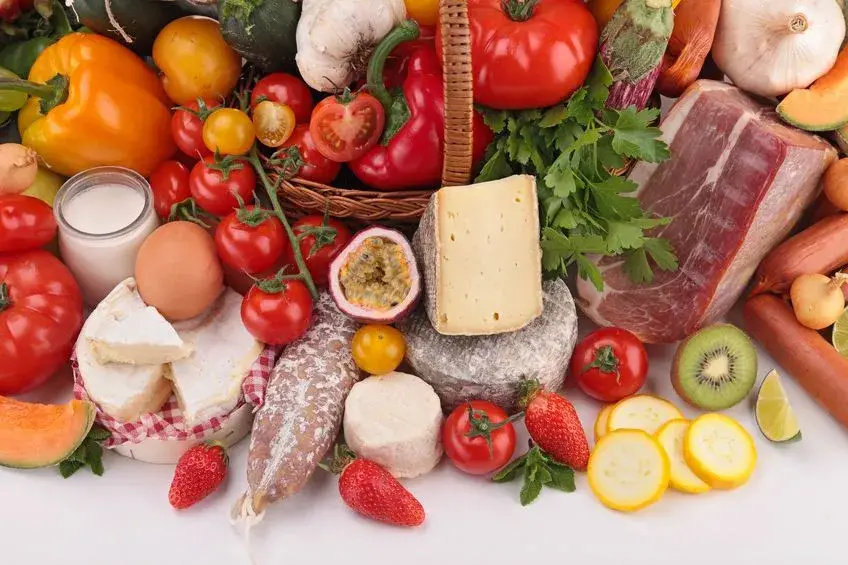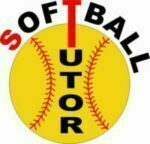
The first thing we need to do when considering optimal performance nutrition is ensure that we are using the most relevant data for the specific situation.
When we consider the amount of information available either on the internet, through friends / family, coaches, trainers and other athletes, it can be overwhelming and difficult to know what information to follow. The best source is a scientific nutrition source such as your softball national organization.
Optimal Performance Nutrition
At times we will require more energy for training than we do for our actual competitions. This is due to the overtaxing of our physiology in preparation for taxing our systems to maximize training results. An important usage of nutrition for training is for recovery and regeneration, to allow the body to repair itself and take advantage of super-compensation.
It is important to follow the guidelines of healthy nutrition always. This can be difficult if travelling. Planning your nutrition pre trip will be your best tool for this dilemma. Knowing what you have access to and when you have access, will allow you to plan meals to ensure optimum nutrition for you and your athletes. Never eat something you have not eaten before when attending an event. You do not know what effects it will have on you and you do not want to be caught by surprise.
Bring some of your favorite foods with you. Especially your favorite snacks and quick prepare foods in case you are unable to find your food of choice at the venue.
Sports Drinks
The truth is…. they are not required for most sports where they are found on the benches, and are especially not required for softball. They are a tasty drink that is more like a soda pop for most due to the calories involved and the quantities consumed. They were initially designed for university sports teams that expended high amounts of energy and electrolytes during competition. Finding success on the university football field the drinks quickly made their way to high schools and club fields and then into the fitness centers and in stores for when some is looking for something cold to quench their thirst.
Unless the athlete is in a marathon lasting 1 hour of continuous exertion, which softball is not, they are not required. In fact they can even be a hindrance in the dugouts, giving children stomach aches and raising their blood sugar levels high then crashing them during competition.
If you would like to add a sport drink effect to the event, simply add a small amount of Gatorade or sport drink powder or some lemon or orange to water to give it some flavor and to add some carbohydrate to their intake.
Pre Activity Nutrition
The amount you eat before training or competition can depend on the amount of time you have between your meal and the event. Different foods take different amounts of time to digest so if you eat for example a big dinner with chicken or another protein it may cause stomach problems and have a negative effect on your performance.
For a tournament in the sun, the athlete should take in lots of fluids and carbohydrates that will provide some of the energy needed. Fruits, vegetables, sport bars, pasta etc are good sources of carbohydrates.
Post Activity Nutrition (Recovery)
Eating carbohydrates within 30 minutes of the event will allow the body to begin the storage of energy again. Protein is a good nutrient to repair muscles and should be consumed after events when the rebuilding of muscle is required such as a high intensity weight training session.
Right after an intense training session is a good time to have something like a smoothy or a piece of fruit that is easily digestible and can replenish some of the fuels used during training.
Hydration
When we get thirsty during training or competition, the potential for dehydration has already begun. Our bodies need to have fluids replaced from sweating as well as keeping your body from over heating. The key is to drink water regularly. If you are attending a competition where you will be facing heat and the potential for dehydration, drink more water than normal before the event. This will give your body a head start.
Signs of dehydration
- thirst
- dizziness
- tiredness
- nausea
- chills
- headache
- muscle cramps
Supplements
For the average athlete supplements are not recommended if they are eating a well balanced diet slightly higher in carbohydrates for energy production. For the high performance athlete it is advisable to refer to your local Sport Organization for the guidelines for supplementation recommendations.

